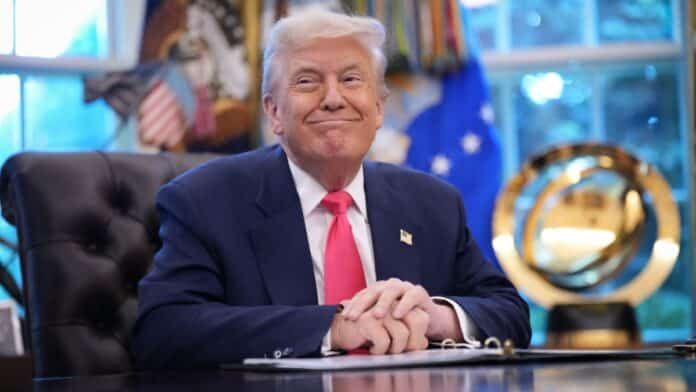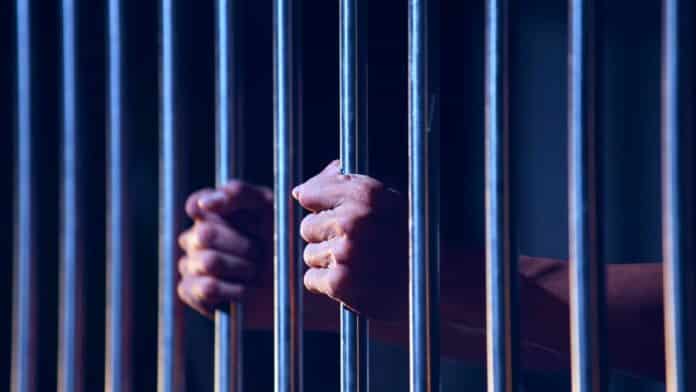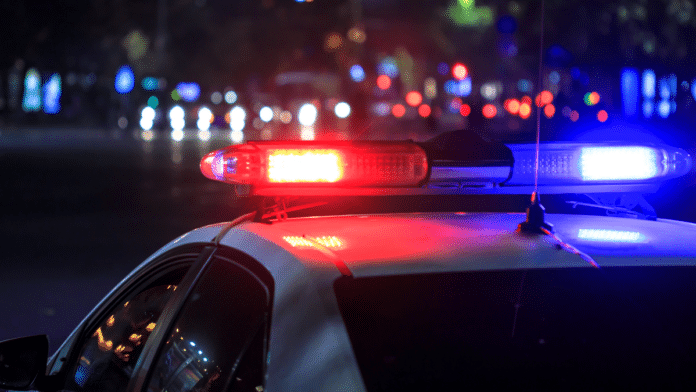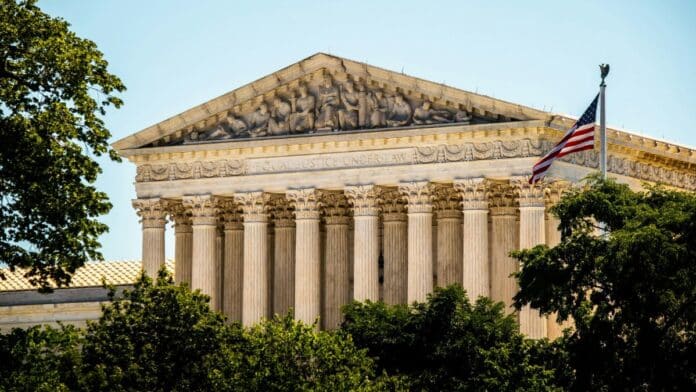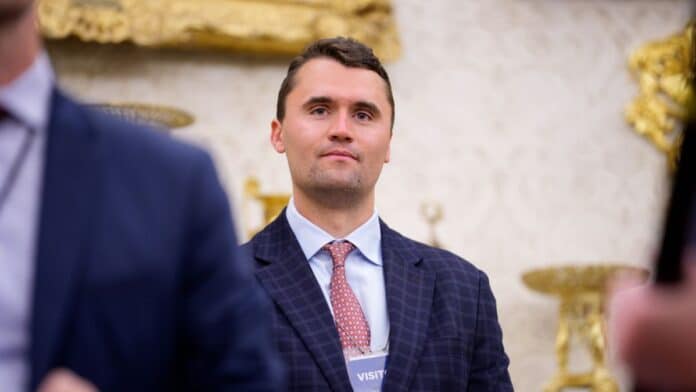The Trump Administration has placed Harvard University under intensified federal scrutiny, demanding financial guarantees and stricter oversight of its student aid operations. The move signals a broader effort to hold elite institutions accountable for financial practices and compliance with anti-discrimination laws.
Harvard has been placed on the Education Department’s “Heightened Cash Monitoring” list, requiring it to distribute federal student aid from its own funds before seeking reimbursement from the government. This change, typically reserved for financially troubled institutions, is rarely applied to wealthy universities. The department is also demanding a $36 million irrevocable letter of credit—approximately 30% of Harvard’s recent federal aid intake—as a condition for continued access to federal funds.
A senior department official stated that recent financial filings, staff layoffs, and budget cuts raised red flags about Harvard’s fiscal management. Although Harvard’s endowment remains at $53 billion, the Education Department argues that a large endowment alone does not guarantee financial health. The letter of credit is intended to ensure federal money is protected should Harvard close, reduce programs, or fail to meet financial obligations.
Alongside financial concerns, the department is also seeking detailed data from Harvard’s admissions office. The Trump Administration contends that the university has not cooperated with a civil rights investigation into alleged race-based admissions practices. This follows the 2023 Supreme Court decision striking down affirmative action, a ruling Harvard publicly opposed and attempted to navigate through revised criteria.
Harvard officials have denied any wrongdoing and insist that the university remains financially strong. A spokesperson for the school confirmed compliance with federal reporting requirements and called the administration’s demands “unusual.” However, failure to meet the conditions could result in a freeze on federal student aid—affecting thousands of students—or additional penalties.
The Biden-era hands-off approach to elite universities appears to be over. President Trump’s Education Department is using federal funding as leverage to challenge what it views as ideological overreach and lack of transparency within higher education. This latest move sets a precedent that other institutions may soon face, particularly those with large endowments and controversial admissions policies.



